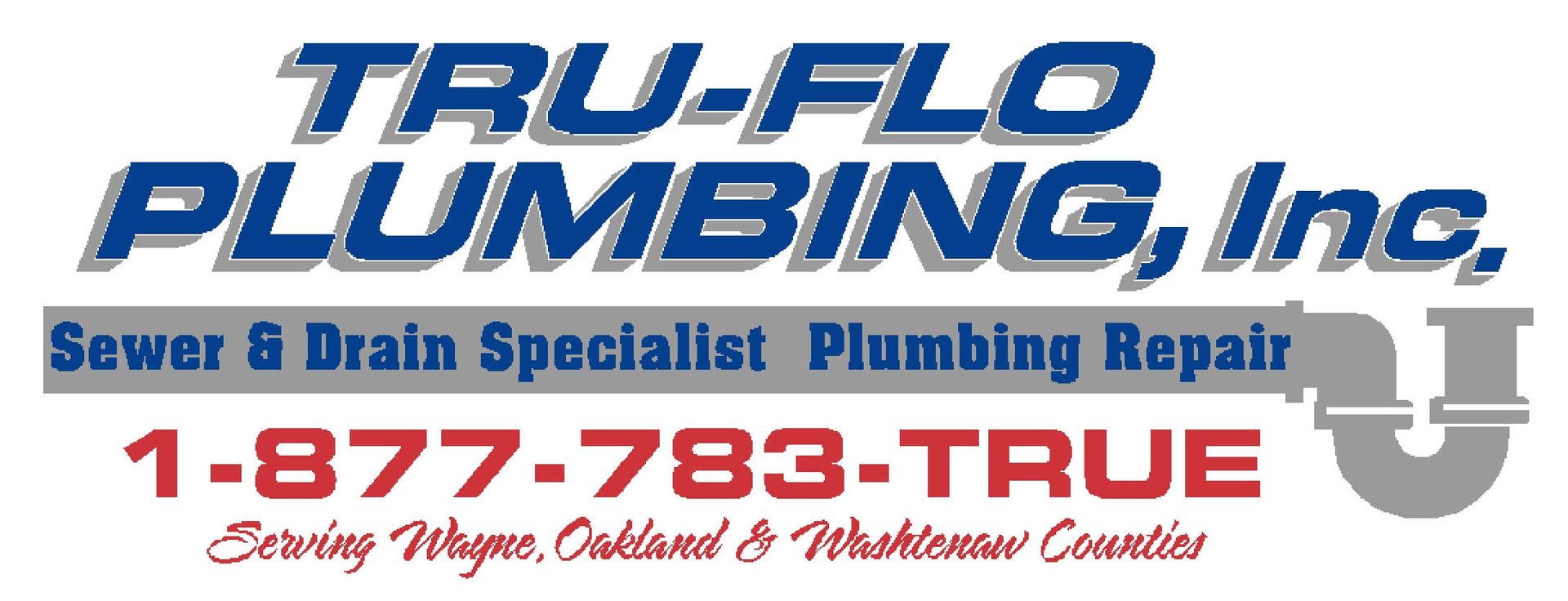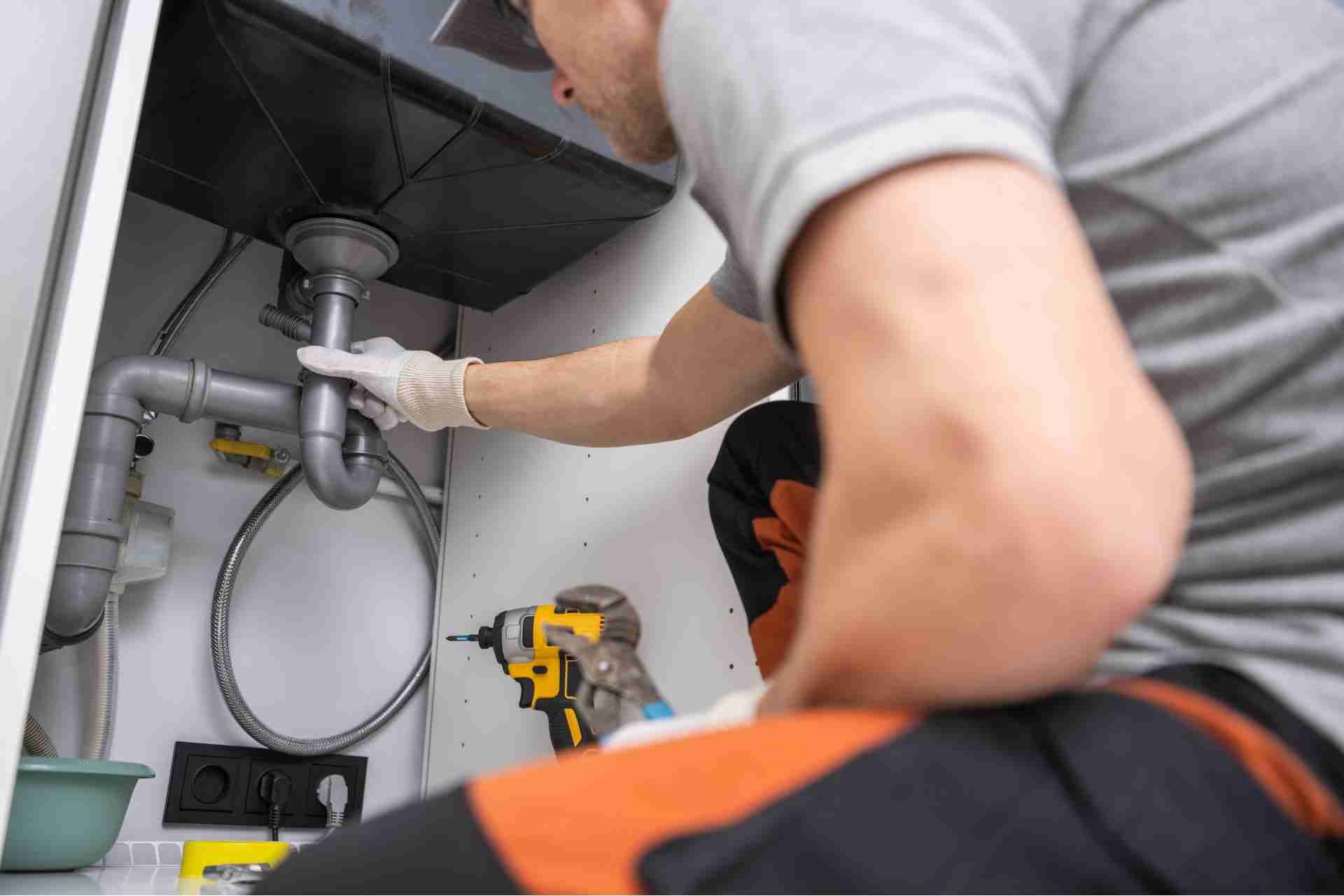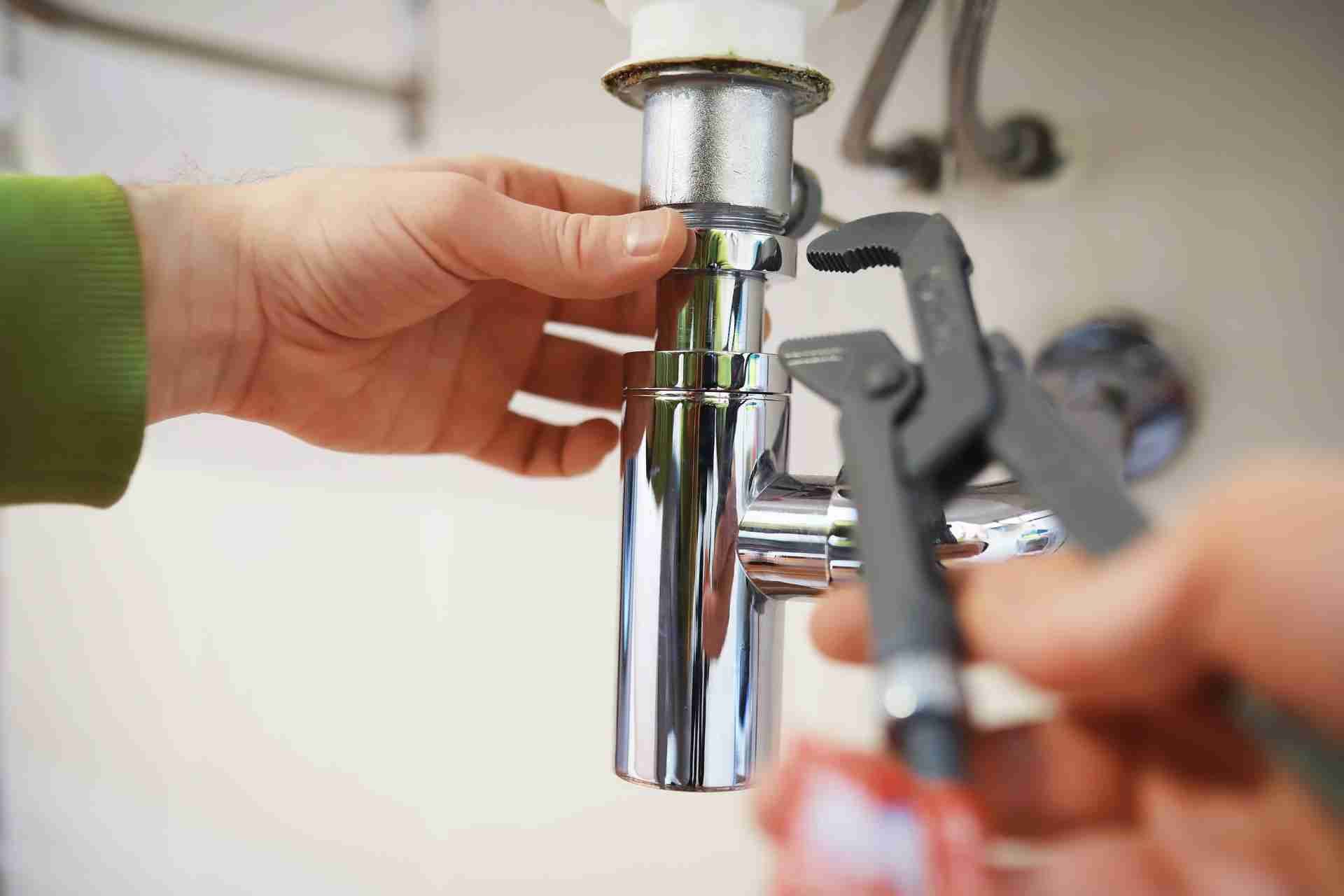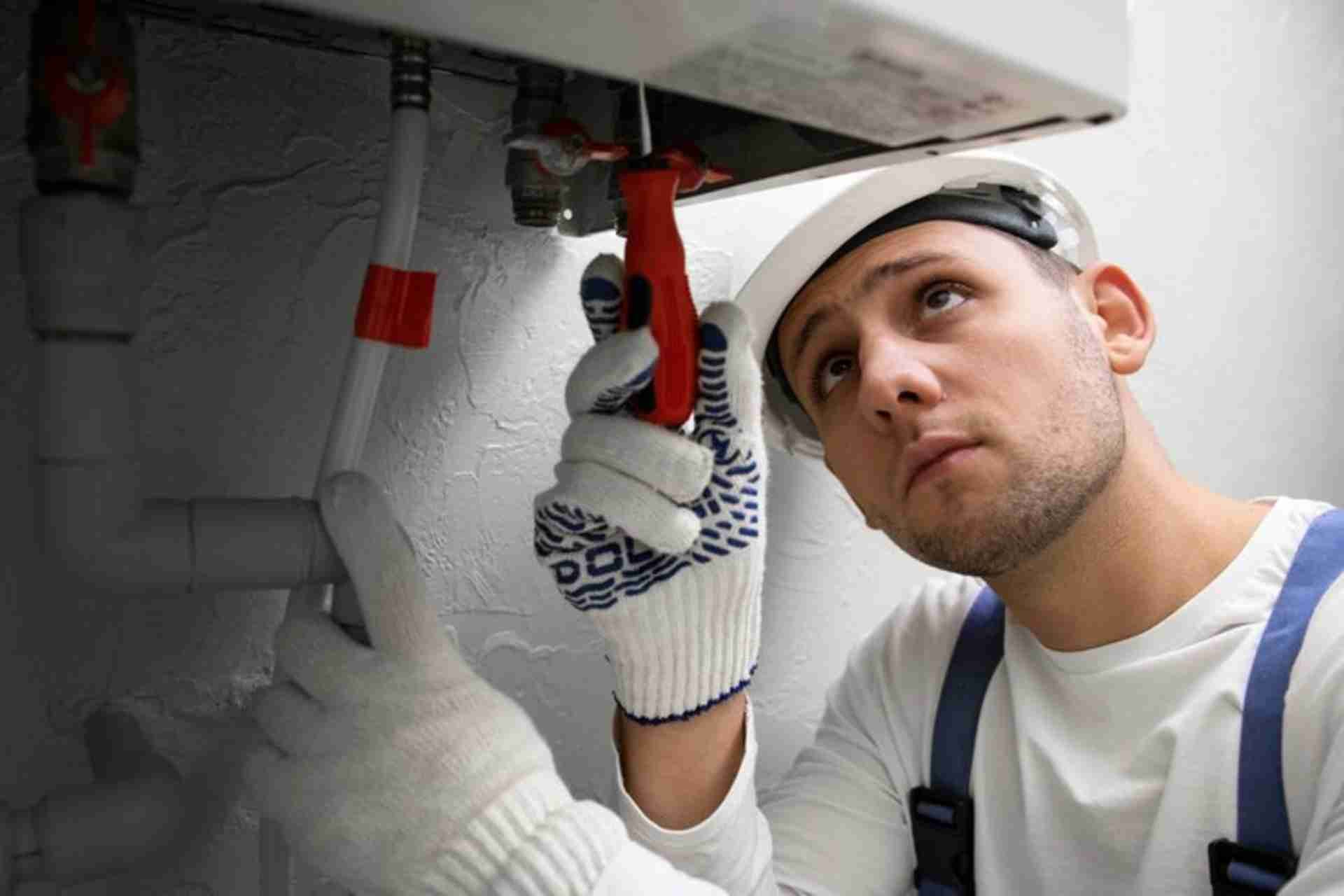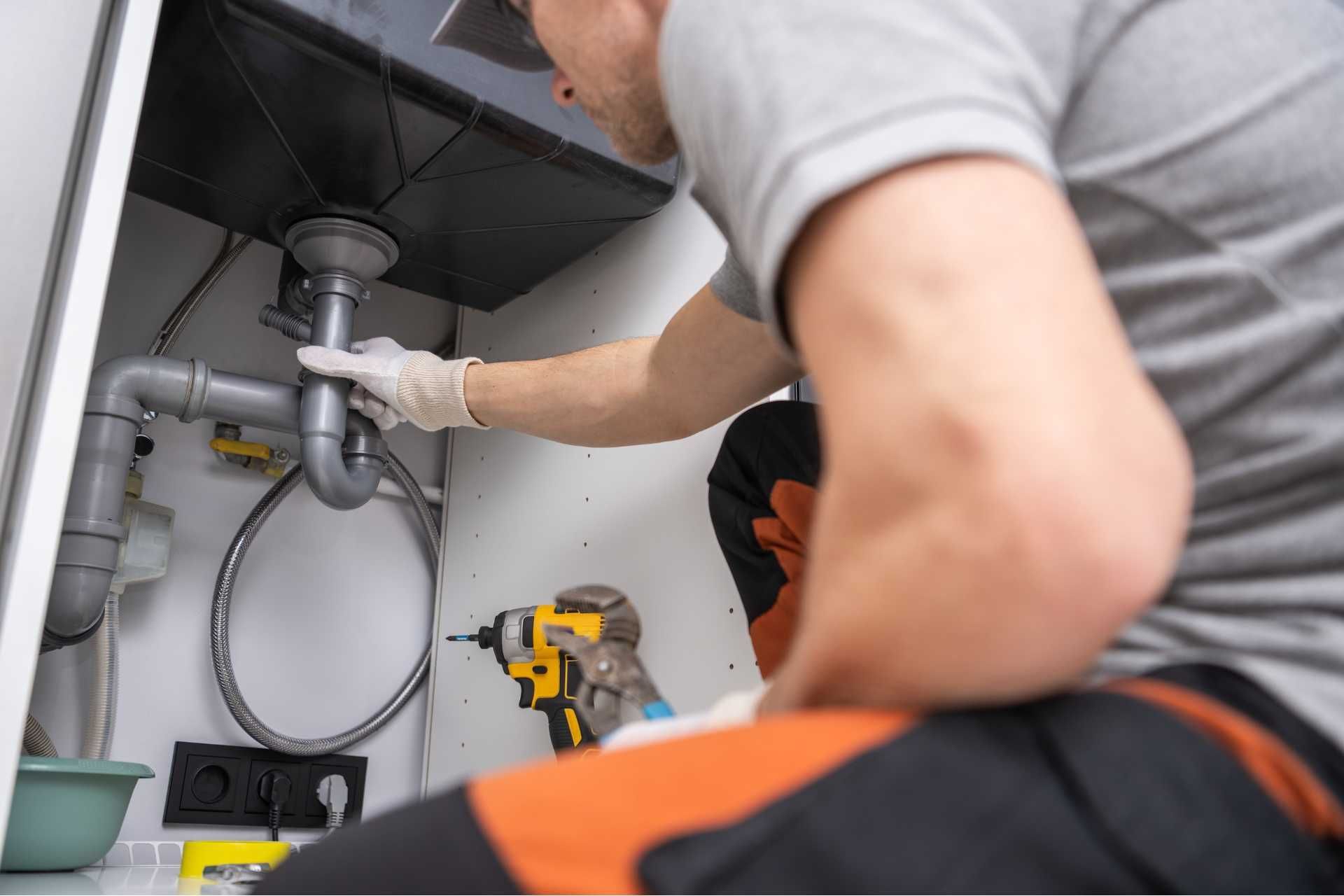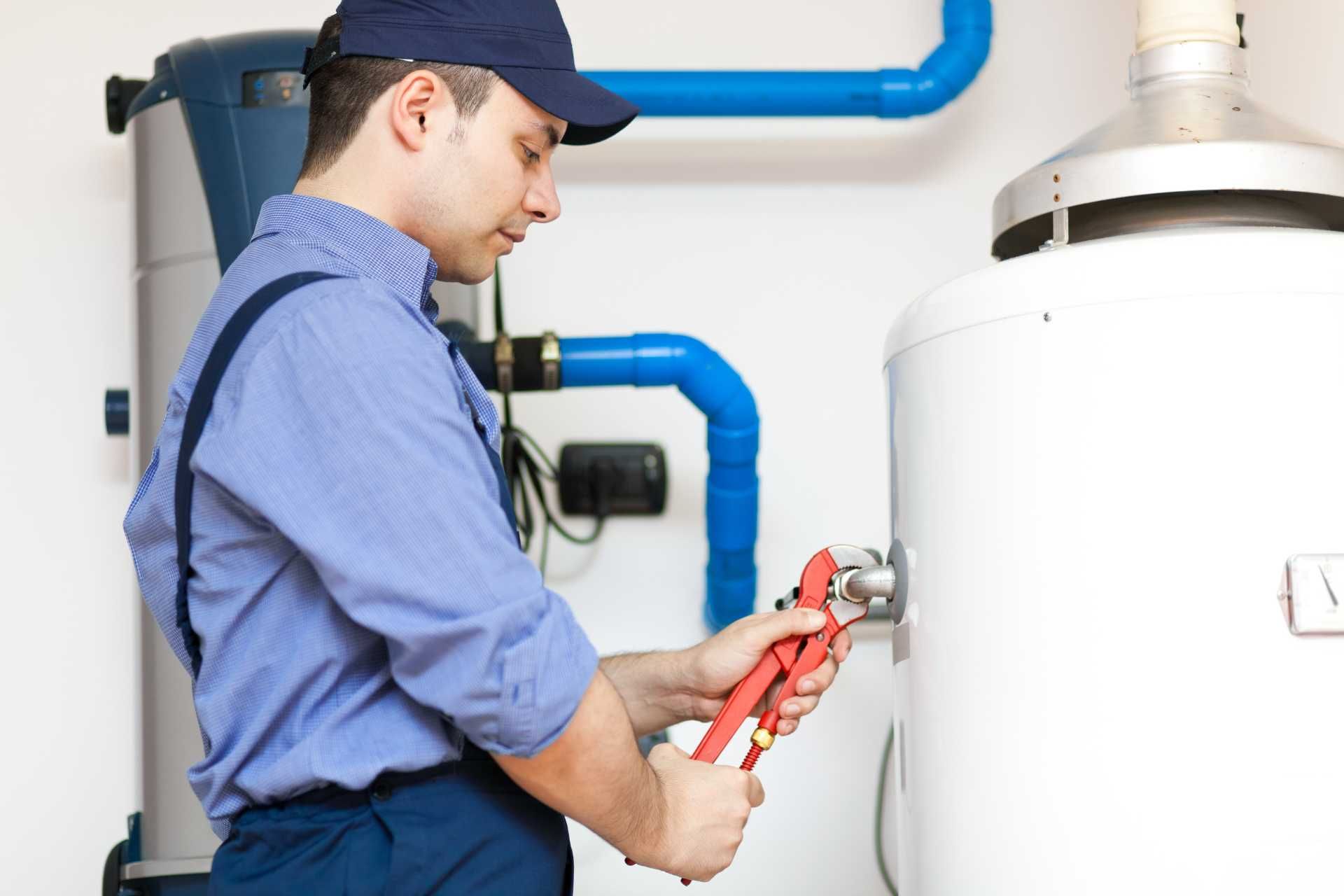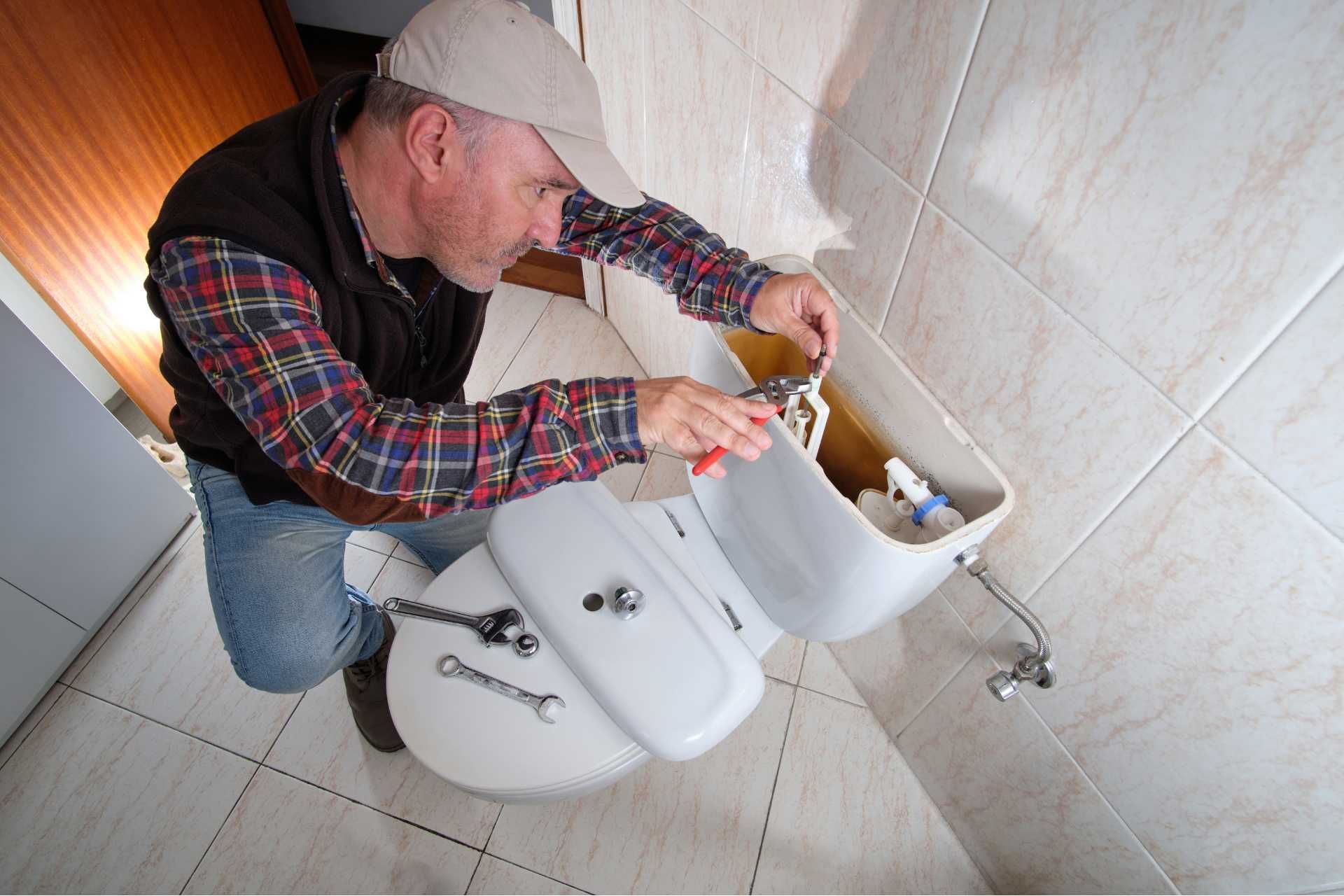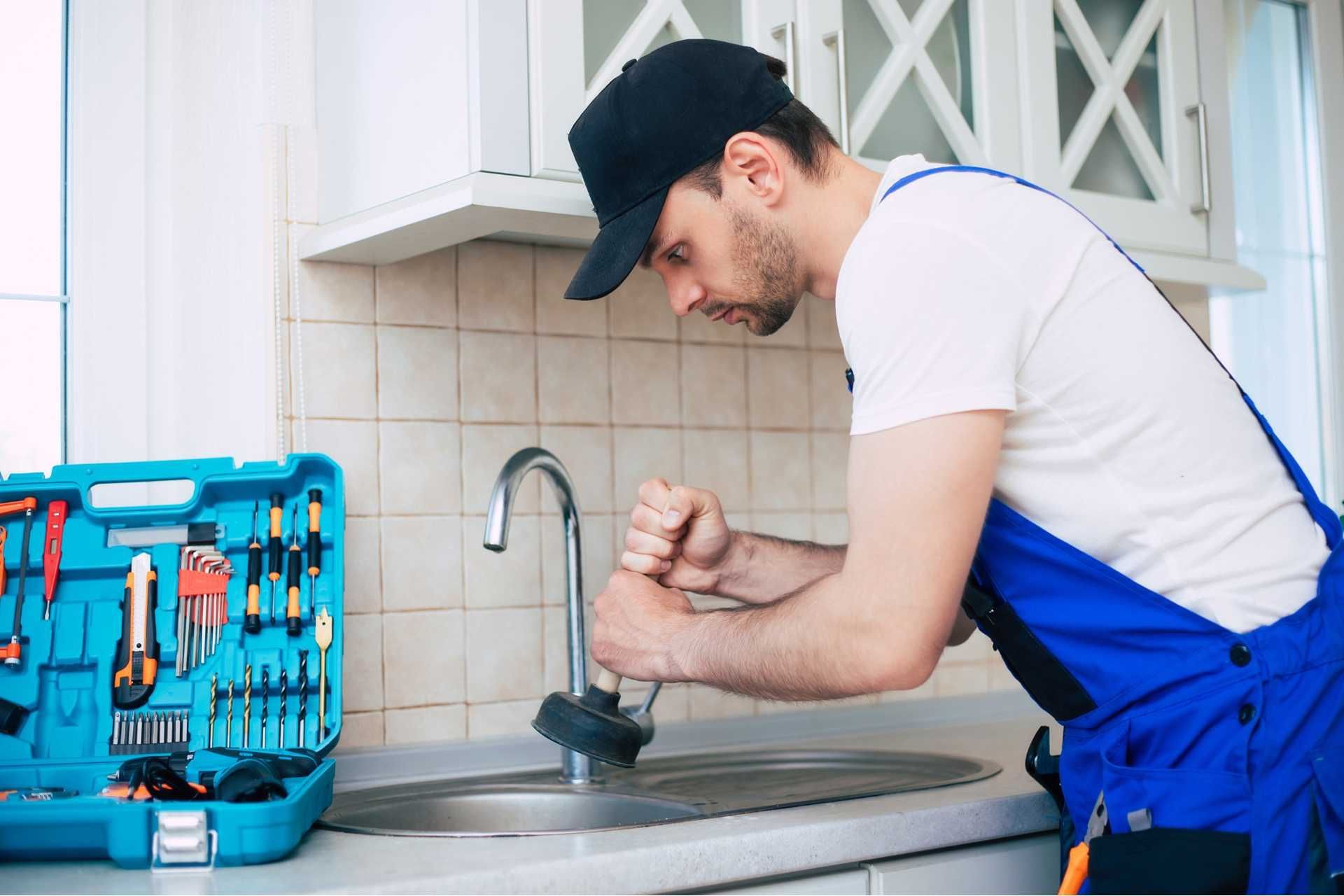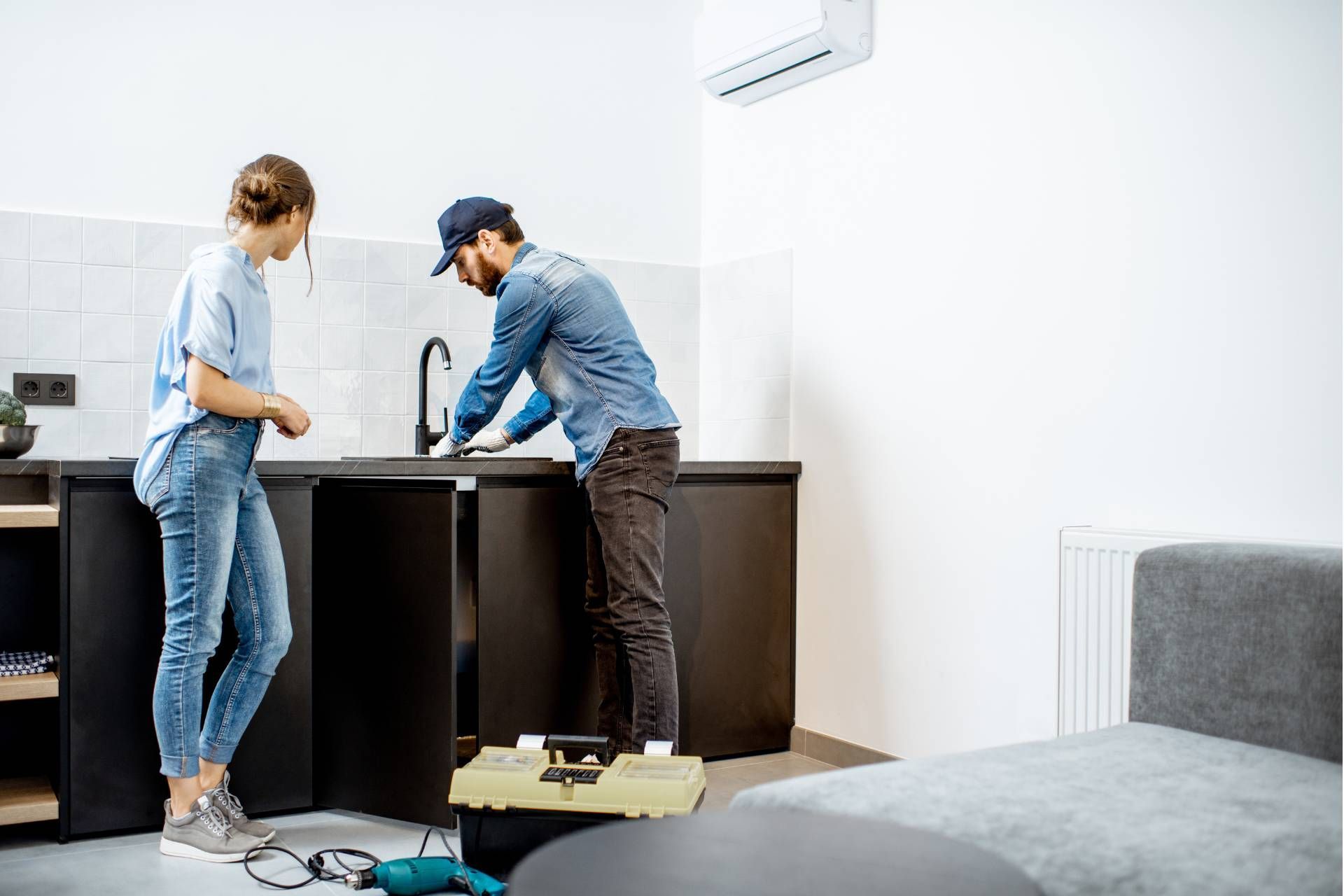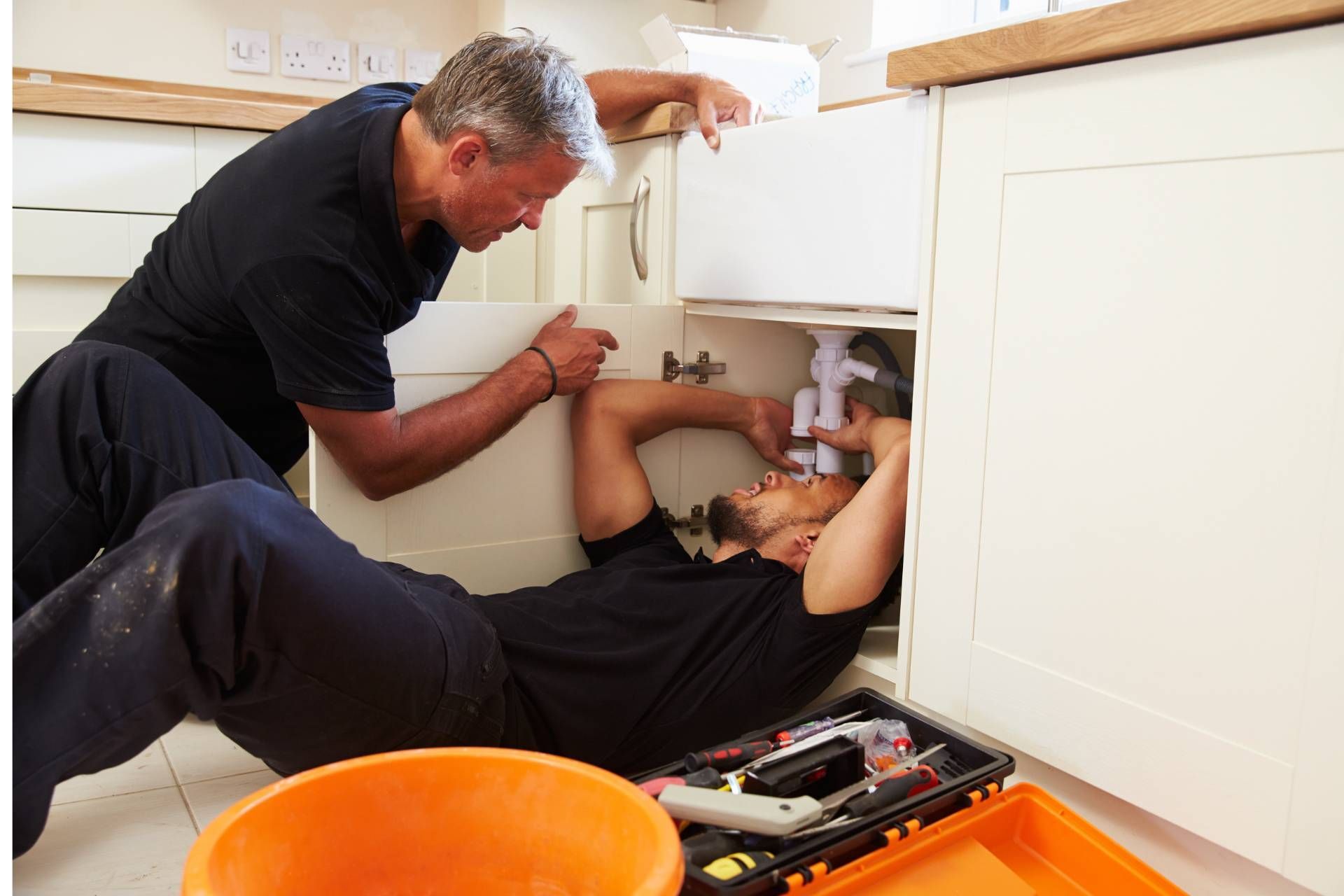Plumbing Inspection Checklist for Homebuyers
Are you planning to buy a new home? Congratulations! It's an exciting time, but before you sign on the dotted line, it’s crucial to conduct a thorough inspection of the property. While you may have your focus on the aesthetics and overall condition of the house, one vital aspect not to overlook is the plumbing system.
Your house's
plumbing system plays a crucial role in maintaining comfort and convenience, so ensuring it’s in good shape is essential. To make your inspection thorough and efficient, it’s essential to have a plumbing inspection checklist on hand. Here's our outline of the key areas to include in your checklist to ensure a comprehensive inspection.
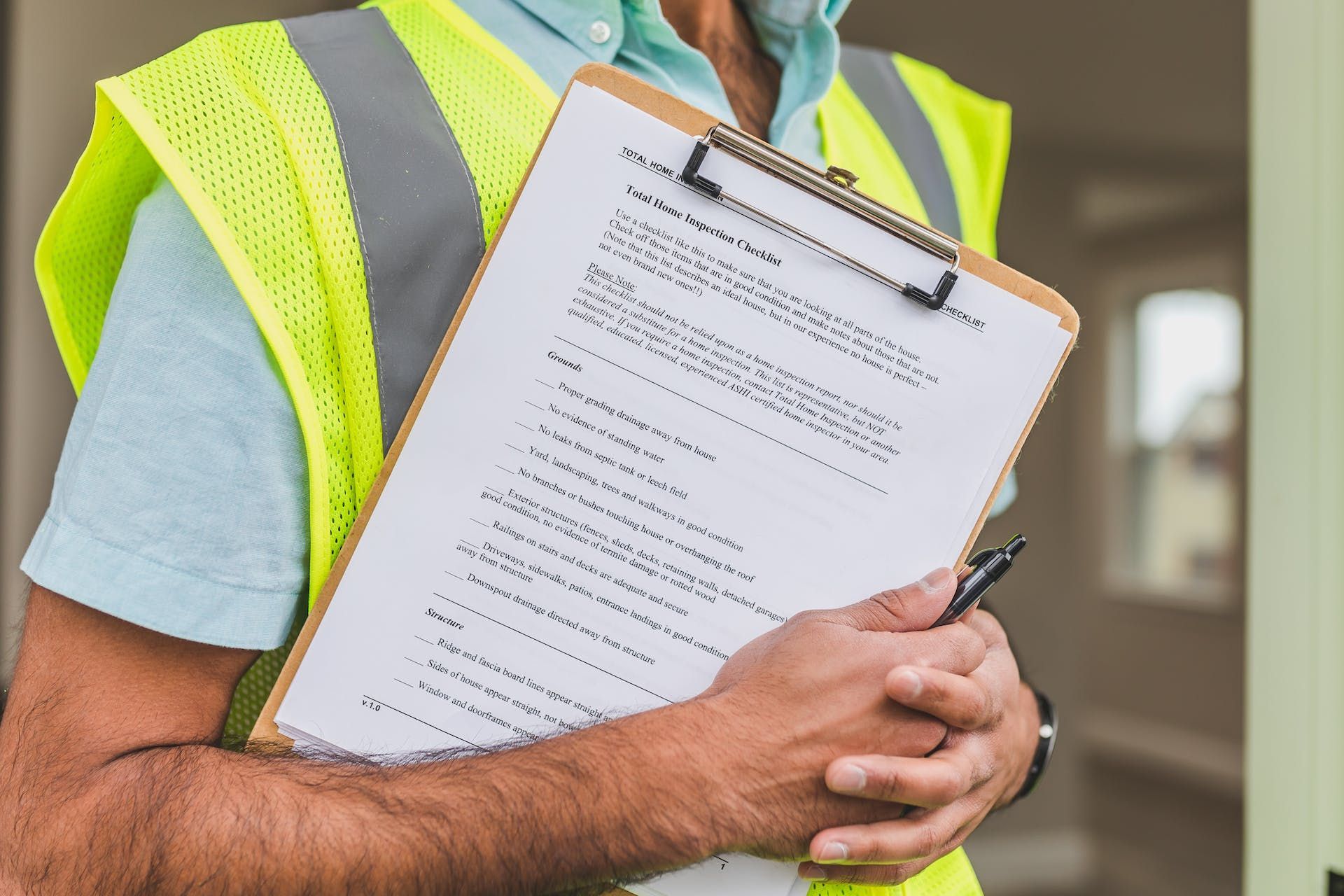
Why Conduct a Plumbing Inspection?
Plumbing plays a vital role in our daily lives, serving as the backbone of our homes or businesses. From supplying clean water to draining wastewater, it is essential to ensure the efficiency and quality of our plumbing systems. Conducting regular plumbing inspections is an integral part of property maintenance, bringing various benefits and avoiding potential complications down the line.
Prevention is Better than Cure
Just like with many things in life, prevention is, indeed, better than cure when it comes to plumbing matters. By conducting routine inspections, you can identify potential issues even before they escalate into significant problems. Early detection allows you to take prompt action and nip plumbing malfunctions in the bud, avoiding expensive repairs or replacements. By staying proactive, you safeguard your property from potential water damage, mold growth, and structural issues caused by plumbing failures.
Ensuring Water Quality and Safety
Water is a fundamental necessity, and we rely on it for various purposes, from cooking and cleaning to drinking and bathing. Regular plumbing inspections play a crucial role in assessing water quality and safety. Professionals can identify potential contamination sources, leaks, or damaged pipes that might compromise the purity of our water supply. By addressing these issues promptly, we can guarantee that our families and employees have access to clean, potable water that meets health standards.
Efficient Water Usage
Water conservation has become increasingly important in today's world. Through plumbing inspections, you can identify potential leaks and inefficiencies in your system that lead to wasting water. Even a slow drip can waste significant amounts of water over time, impacting both the environment and your utility bills. By evaluating your plumbing system, you can fix leaks, install water-saving fixtures, and optimize water flow to minimize waste and contribute to sustainable living.
Compliance with Regulations
Property owners, whether residential or commercial, must adhere to local plumbing regulations to ensure the safety of occupants and promote environmental conservation. Routine inspections help you stay compliant with these regulations, ensuring that your plumbing systems meet all necessary standards. Additionally, conducting inspections provides you with documentation that can be helpful during property evaluations, resale, or when acquiring insurance policies.
Peace of Mind
One of the most significant advantages of conducting regular plumbing inspections is the peace of mind they provide. Knowing that your plumbing system is well-maintained and in good working condition eliminates the worry of unexpected breakdowns or emergency repairs. Additionally, it saves you from the inconvenience of disrupted water supply or having to deal with plumbing-related calamities that might disrupt your daily routines or business operations.
Your Plumbing Inspection Checklist for Homebuyers
1. Check for leaks: Look for any visible leaks under sinks, around faucets and showers, and near the water heater. Stains or signs of water damage on walls, ceilings, and floors may indicate hidden leaks as well.
2. Water pressure test: Turn on multiple faucets and flush toilets simultaneously to test the water pressure in the house. Low water pressure could indicate potential issues with the pipes or the municipal supply.
3. Inspect water heater: Determine the age and condition of the water heater. Check for any signs of rust, corrosion, or leaks. Additionally, inquire about the type and capacity of the heater to ensure it meets your household's hot water needs.
4. Look for faulty fixtures: Test all faucets, showers, and toilets for proper functionality. Examine the condition of handles, valves, and seals. Faulty fixtures may require repairs or replacements in the future.
5. Assess the pipes: Inspect exposed plumbing pipes for signs of damage, such as corrosion, leaks, or loose fittings. Determine if the pipes are made of lead or polybutylene, as these materials could pose potential health hazards or need replacements.
6. Sewer line inspection: If possible, have a professional inspect the sewer line using a sewer camera. This will help identify any blockages, tree root intrusions, or damaged pipes that may require costly repairs.
7. Evaluate the drainage system: Observe the water flow from sinks, bathtubs, and showers to ensure it drains correctly. Slow drainage or gurgling sounds may indicate blocked or damaged pipes, which can lead to bigger issues down the line.
8. Check the sump pump: If the house has a basement, inspect the sump pump. Ensure it is in good working condition as it plays a significant role in preventing basement flooding during heavy rains.
9. Assess water quality: Ask for a water quality report to determine if the water is hard, has high mineral content, or any other issues. Poor water quality may require additional filtration systems or water softeners.
10. Consider professional help: While a thorough visual inspection is essential, hiring a licensed plumber to assess the plumbing system can provide a more in-depth analysis. They can identify hidden problems and estimate the potential cost of repairs if needed.
Work with a local home plumbing inspection expert
Whether you are buying a new house or have been living in your current one for years, it is always wise to have a professional home plumbing inspection. This inspection is essential to identify any potential plumbing problems that may exist or could arise in the future. That's where a local home plumbing inspection expert comes in, providing you with expertise and peace of mind.
An experienced local home plumbing inspection expert has extensive knowledge about plumbing systems and understands the specific challenges that occur in your area. They have the necessary tools and expertise to thoroughly inspect all the aspects of your plumbing system, including pipes, fixtures, drains, water heaters, and more.
Address: 3215 Dix Hwy, Lincoln Park, MI 48146 | Phone: 1-877-783-TRUE (8783)
Copyright © 2023 Tru-Flo Plumbing, All Rights Reserved
